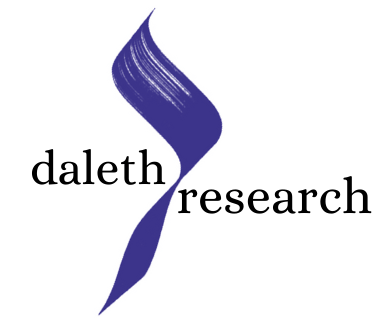Organized crime is plural. So are the realities behind it.
Towards a multifaceted approach to drugs and crime
No single crime. No single cause. No single solution.
Since the 2010s, despite ongoing fluctuations and risks of polarization, the limits of one-size-fits-all approaches to complex, sometimes converging, criminal realities have been reached. Research and policy milestones—including the 2016 UNGASS on drugs and subsequent policy dialogues on organized crime—have underscored the urgent need for more balanced, if not holistic strategies.
At Daleth research, we believe we must rethink the conventional interpretative grids of drugs and crime and adopt:
- Contextualized, multi-scale and nuanced thinking
- In-depth socio-political analyses
- Policy coherence and multidisciplinary perspectives
- Development-oriented and rights-based approaches
- People-centered and inclusive lenses
Picture: Poppy flower field, Nong Hoi Royal Project, Chiang Mai, Thailand, nov.2015
Our Work
Advancing knowledge on criminal phenomenon, policy responses and the links between drugs/crime, development and human rights through research projects and activities grounded in social sciences.
Exploring debates, promoting visibility and stimulating dialogue on what a development-oriented approach to crime would mean.
Proposing consultancy services to interested public or private actors (including technical expertise, programme evaluations, and focused studies) to document impacts, lessons, trials, and best practices.
Become a contributor | Take part in the debate and share your expertise | Support the initiative
